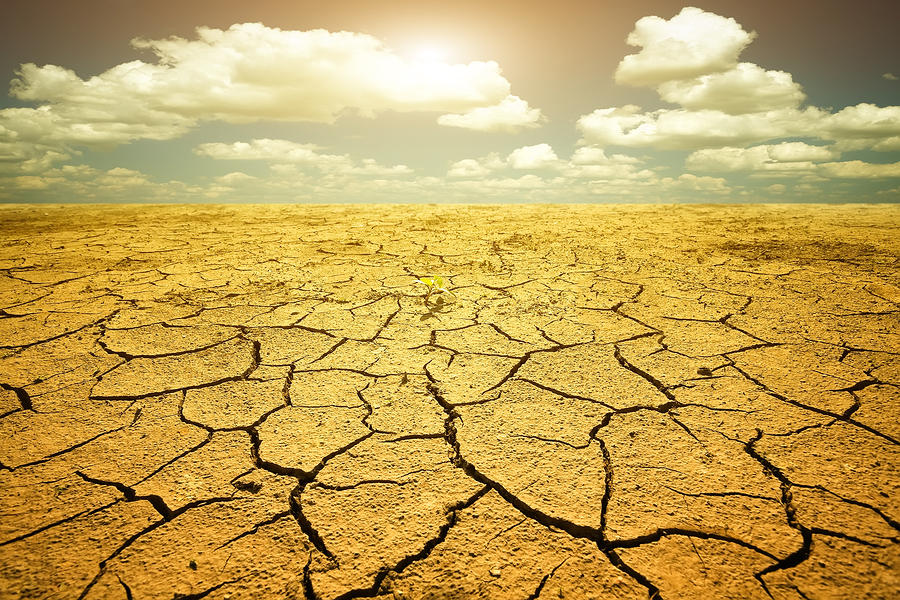- Make It Yourself Lavender Heart-Shaped Bath Bombs!
- 20 Things You Never Knew About “Down There”
- 12 Best Foods For Those Suffering From Arthritis Pain
- 12 Personal Hygiene Mistakes Almost Everyone Makes (Mom Never Told You About #4!)
- 15 Medicinal Plants And Herbs From The Cherokee People
- 12 Mind-Blowing Benefits Of Drinking Coconut Water During Pregnancy
- 12 Outstanding Winter Foods That Won’t Fatten You Up Like A Christmas Turkey
Climate Change And Mental Health: Is There A Connection?

Photo credit: bigstockphoto.com
Usually when climate change is discussed, the potential effects on the natural, physical environment are emphasized. Visions of rising sea levels and the extinction of species of plants and animals fill people’s minds. Other times, the focus is on the effects on physical health that could occur as a result of climate change–disease outbreaks, physical injuries due to natural disasters, and more.
But in a recent speech at the 2017Conference related Climate, one psychiatrist argued that climate change could potentially affect people’s mental health as well. In the article below, we’ll explore her arguments, what the scientific facts are, and some practical steps people can take to stay mentally healthy in a world of rapid change.
Can Climate Change Really Affect Someone’s Mental Health?
According to Dr. Lise Van Sustren, the answer is quite possibly yes. Dr. Van Sustren is a Washington, D.C.-based private practice psychiatrist and board member of the T.H. Chan School of Public Health at Harvard University (fun fact–she’s also the sister of MSNBC host Greta Van Sustren).
Dr. Van Sustren argues that the increase in pollutants in the air caused by carbon emissions and other sources can affect people’s brains. According to her speech, when people breathe in this contaminated air, the dirty particulate matter can create neural inflammation. This can result in an increased likelihood of developing some form of mental illness or neurological condition. Inflammation in the brain has also been linked to the development of Alzheimer’s disease and other neurodegenerative conditions.
Dr. Van Sustren also cited a report by the American Psychological Association that stated that air pollution, which many scientists and governments believe to be the key driver in climate change, can affect pregnant women in a unique way. The report claims that women who breathe in polluted air during pregnancy will give birth to children who are more likely to show symptoms of depression or anxiety later in life. When one considers how polluted the air in some cities are, especially in Asian countries like China and India, this claim certainly raises cause for concern. (There are not, at this time, studies in those countries that verify this, however.)
Continue to Page 2
































